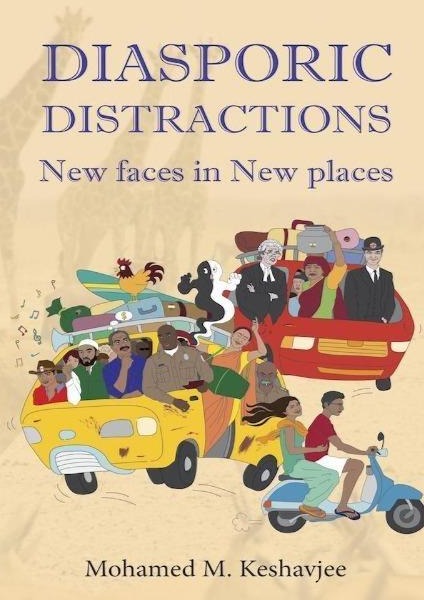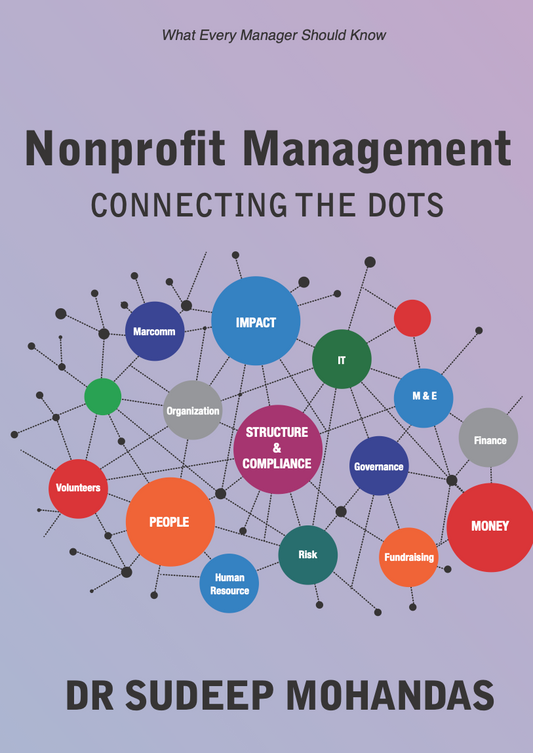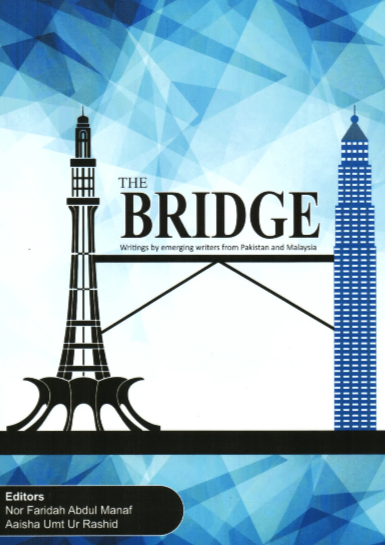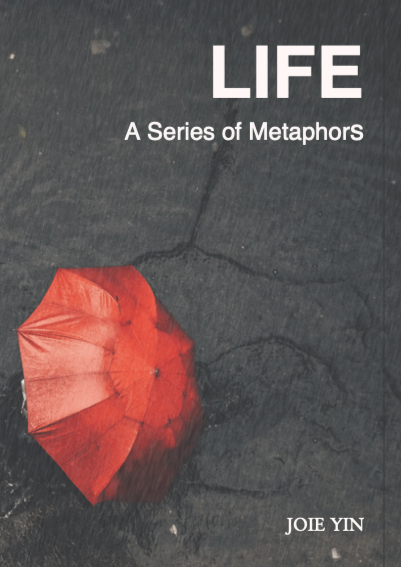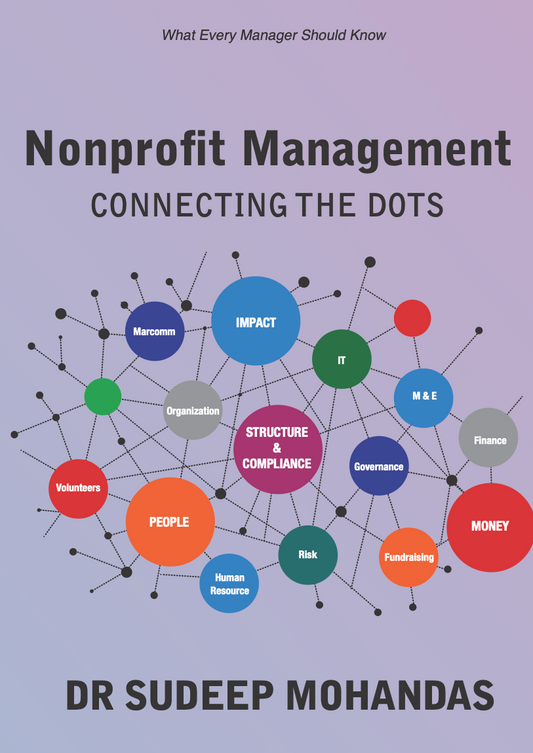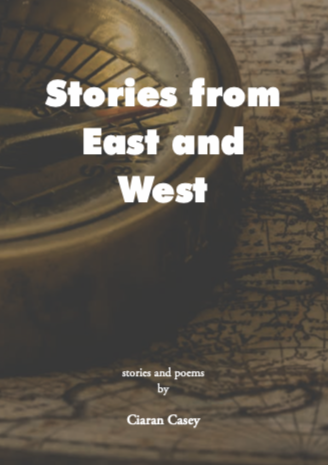PAKKA Publishing Overview
Some questions answered
Why would anyone want to self-publish?
Self-publishing in Malaysia is still regarded with much disdain. But it's now the trend worldwide for many reasons. Self-publishing does not mean a compromise in quality, although it has earned some disrepute due (mainly) to sloppy and indifferent production houses. However, with a proper professional touch, a reasonably priced world-class book is not impossible (if you keep costs down, we'll show you how).
Reasons to self-publish are many. First, Self-publishing allows authors to have complete control of their work and build their platforms and fanbase. Second, It will enable them to bypass traditional content, presentation and marketing gatekeepers to connect with readers directly. Additionally, self-publishing can provide a faster path to production and potentially higher royalties.
Isn't self-publishing about vanity too?
Yes, that's true. Famous authors who have self-published their books include Margaret Atwood and Stephen King. Self-publishing has become a more viable option in recent years, with the rise of digital platforms and print-on-demand services, which make it easier and more cost-effective for authors to self-publish their work. However, self-publishing comes with its own challenges, such as the need for authors to handle their own editing, formatting, marketing, and distribution. This is why authors need to be aware of the pros and cons of self-publishing before making a decision.
How does one market one's books?
Name recognition plays a significant role in the success of a book, but building a following through social media can be a powerful tool for authors to promote their work. Social media can help authors connect with potential readers, build a community, and generate interest in their books. By sharing their ideas, engaging in conversations, and providing sneak peeks of their work, authors can build a following of fans excited to read their book when it is released.
Word-of-mouth is also a powerful form of advertising, and authors can leverage the power of their community to promote their books. When readers enjoy a book, they are more likely to recommend it to their friends, which can help to grow an author's following.
It's also worth noting that self-publishing allows authors to build their platform and fanbase in a way that the traditional publishing route doesn't, as publishers usually only invest in authors with a large following.
Ultimately, self-publishing gives authors the opportunity to take control of their careers and build a readership through their efforts.
Can authors rescue publishing from predatory publishers?
The invention of writing allowed for the creation of written works, and printing made their distribution more efficient and widespread. Before printing, works were chiselled on stone or cave walls, and copied by hand, making publishing a slow and labour-intensive process. Printing made books more accessible and allowed for the development of the publishing industry.
Bi Sheng, a Chinese inventor, created the first movable type made of earthenware in 1045. No surviving examples of his work are known. Choe Yun-ui, a Korean civil servant in the Goryeo Dynasty, later invented the first metal movable type in 1234-1250. These innovations laid the foundation for printing and the dissemination of written works.
Johannes Gutenberg invented movable type in Europe around 1450, making it easier to cast type based on a matrix and hand mould. This invention reduced the cost of producing books and made them more widely available. Books printed in Europe before 1501 are called incunables or incunabula. During this time, more books were published than had been produced by scribes since the founding of Constantinople in 330 AD.
Fast forward to 2013, the merger of Penguin and Random House created the largest consumer book publisher in the world, with a global market share of over 25%. The "Big Five" publishing houses, Penguin Random House, Hachette, HarperCollins, Simon & Schuster, and Macmillan, produce about 60% of English-language books. In 2020, ViacomCBS agreed to sell Simon & Schuster to Penguin Random House, creating the first mega-publisher, but the U.S. Department of Justice filed a lawsuit to block the merger on anti-trust grounds in 2021. The D.C. District Court ruled in favour of the Department of Justice in 2022, and the merger was permanently blocked. Modern printing tech allows authors to directly impact the
publishing industry by writing and producing quality content, promoting their work, building a following, and negotiating favourable terms. Self-publishing and the rise of e-books and online platforms have also provided authors with alternative routes to reach audiences without relying on traditional publishers. However, authors alone may not be able to entirely "rescue" publishing, as publishers play a crucial role in editing, marketing, and distributing books. Ultimately, publishing success depends on balancing the interests of authors, publishers and readers.
Who is behind PAKKA-PUBLISHING SOLUTIONS?
PAKKA is run by a team of book professionals with more than twenty years experience on book editing and publishing in English. We are aware that English is not the first language of most Malaysians. And to many not even the second. It could be the third or the fourth. So lots of work goes into the translating most manuscripts from “Manglish” to standard English, then proceed with structure, content, copy and style editing without losing the author’s voice or authenticity, always keeping in mind to enhance works, not diminish or alter them. Out job is far more involved than moving commas around.
And finally, we design and publish the book to world standards. At Frankfurt, international publishing professionals have been surprised at the quality of our products.
Books are forever.
There is a mysterious, alluring charm about them: people want to own them, buy them, keep them, lend them, and, most mysterious of all, people still want to write them and publish!
The world may be crumbling all around, but we still want — no, need — to write, to share our thoughts. With new technologies and self-publishing service-providers, it may be possible for more writers to see their books in print. But, unfortunately, this has only made it more challenging to choose. The sheer number of companies offering different services — from pre-publishing to marketing and distribution — can make it exhausting to find the right one. Remember, our urge to create and leave behind a legacy is primal, not a mere cultural affectation to make us look good. It's in all of us.
PAKKA’s mission to make it clearer and easier for authors to be aware of publishing options available and offer advise to make the best decisions.
PAKKA Landing Page
LINKS
PUBLISHING
PAKKA Publishing Overview
PAKKA Publishing Solutions
Why Self-Publish
A Guide to Book Publishing
Traditional Publishing
Self-Publishing Online
DIY Publishing
The New PAKKA Solution
WRITING
Writing Books
Writing Biographies
Write and Publish Poetry
Write a Selfhelp Book
PAKKA Ghostwriting
EDITING



